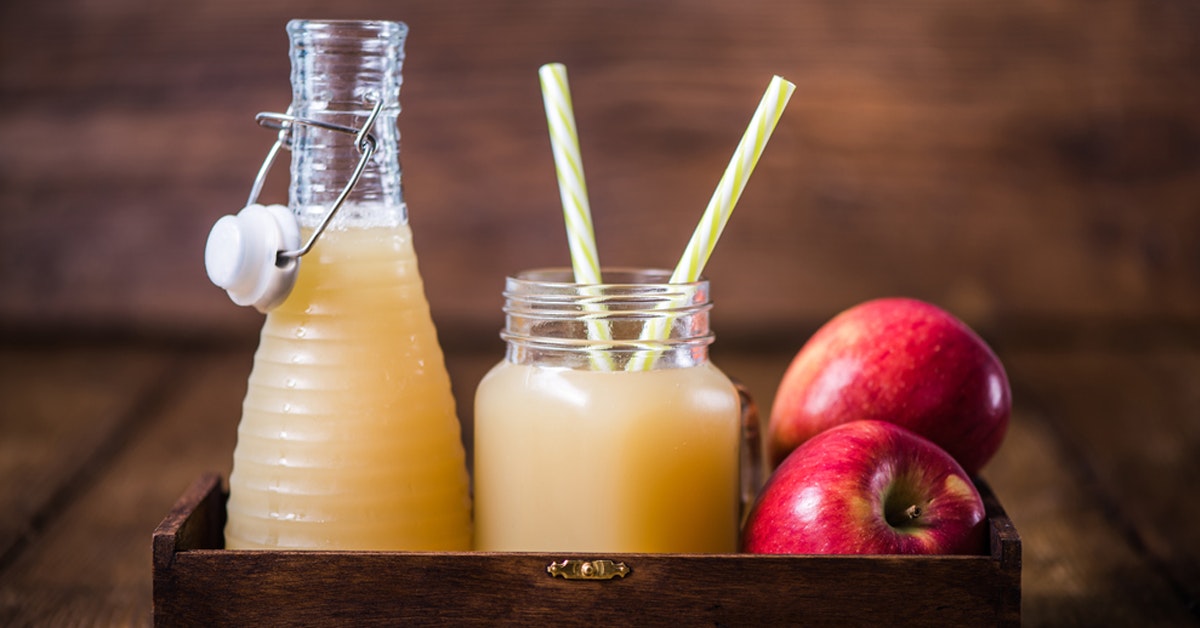Freshly squeezed apple juice should be refrigerated to keep it fresh and safe to drink for as long as possible. Unrefrigerated apple juice can quickly develop harmful bacteria that can cause foodborne illnesses
Apple juice is generally less perishable than some other types of juices, such as fresh citrus juices because it has a lower pH level and a higher sugar content, which helps to inhibit the growth of bacteria and other microorganisms.
It's worth noting that some manufacturers may recommend refrigerating even unopened apple juice to extend its shelf life and maintain its quality.
If you plan to drink the apple juice within a few hours, you can leave it at room temperature. However, like all fresh juices, apple juice can still spoil or go bad if it is not stored properly or if it is left at room temperature for too long.
Freshly made apple juice (including cold-pressed juices) should be refrigerated because they typically don’t go through the pasteurization process. Pasteurization requires heating the juice to high temperatures to kill bacteria and other microorganisms that may cause spoilage. The process of pasteurization can also weaken the beneficial nutrients and enzymes
In contrast, juicing with a press that doesn't involve heat is a way to preserve more nutrients and enzymes than other methods, and must be kept refrigerated at temperatures below 39 °F.
How Long Does Apple Juice Last?
Store bought apple juice that's been consistently refrigerated will last 7 to 10 days after opening. You can preserve apple juice by freezing it if you need to keep it longer than 7 to 10 days.
Cold-pressed apple juice will last 4 to 5 days when refrigerated. You can preserve your cold-pressed juice by freezing it if you need to keep it longer than 4 to 5 days. However, make sure to let it thaw out completely before consuming it to prevent a diluted flavor, as the water melts at a faster rate than the vitamins.



Comment